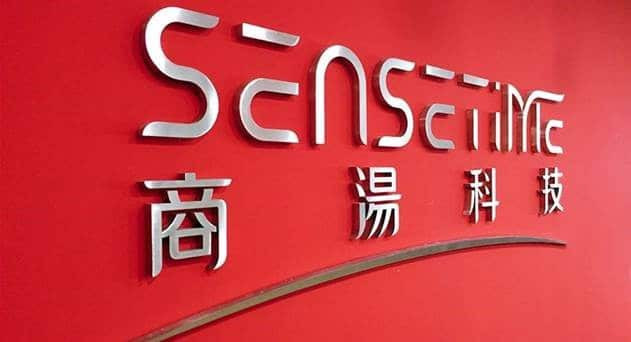The technology world and Hong Kong's academic community are mourning the loss of a visionary leader and esteemed academic, Tang Xiaoou, who passed away late Friday. Tang, aged 55, was the founder of SenseTime Group, a prominent player in China's artificial intelligence sector and a professor at the Chinese University of Hong Kong.
SenseTime, under Tang's leadership, became a beacon in the AI industry, especially renowned for its advancements in facial recognition technology. The company confirmed Tang's passing due to an unspecified illness in a heartfelt statement expressing deep sorrow and extending condolences to his family. They remembered him for his wisdom, passion, and relentless pursuit of scientific exploration.
Tang's journey from academia to entrepreneurial success was remarkable. Holding a Ph.D. in computer vision from the Massachusetts Institute of Technology, he went on to teach at the Chinese University of Hong Kong. In 2014, alongside two of his Ph.D. students, Xu Li and Xu Bing, he co-founded SenseTime. His net worth, entirely tied to his SenseTime shares, was estimated at $1.1 billion, according to Forbes' real-time wealth tracker. In 2022, he was ranked No. 16 on Hong Kong's 50 Richest list with a net worth of $6 billion, later adjusting to $2.5 billion.
Tang played a crucial role in shaping SenseTime's innovation and research strategies, fostering partnerships with universities and academic institutions. His co-founder, Xu Li, now serves as SenseTime's chairman and CEO, overseeing the company's operations.
Despite its achievements, SenseTime faced significant challenges, including being added to a U.S. trade blacklist in 2019 and an investment blacklist in 2021, hindering its access to American supplies and technology. The company's growth has slowed down in recent years, with revenues increasing by only 1.3% year-on-year to 1.4 billion yuan ($202 million) in the first half of 2023, a sharp decline from its near 100% growth in previous years. Losses stood at $443.8 million, including fair value changes of certain preferred shares and financial liabilities. This slowdown was compounded by decreased revenues from key sectors such as automotive and government-related departments, despite an increase in sales of AI software and analytics tools to new business clients.
Moreover, SenseTime's credibility was questioned by a U.S.-based short seller, Grizzly Research, which accused the company of inflating revenues through alleged round-tripping schemes. SenseTime refuted these allegations as baseless in a filing to the Hong Kong stock exchange. Nonetheless, its stock value has seen a significant decline, dropping more than 40% in the current year and nearly 80% since its initial public offering.
Tang Xiaoou's demise marks the end of an era for SenseTime and the AI community at large. His contributions to the field of AI and his vision for SenseTime have left an indelible mark. As SenseTime continues to navigate the complexities of the global market and technological innovation, Tang's legacy will undoubtedly continue to influence the company's trajectory and the broader AI industry.






